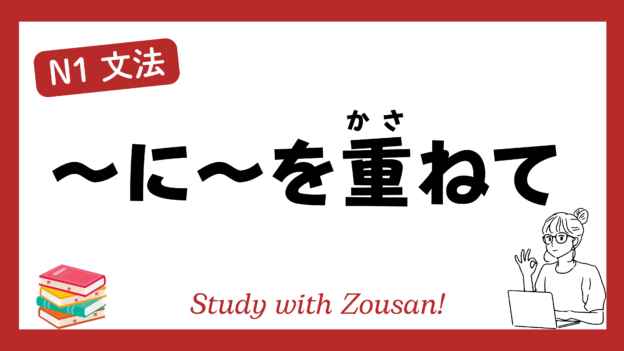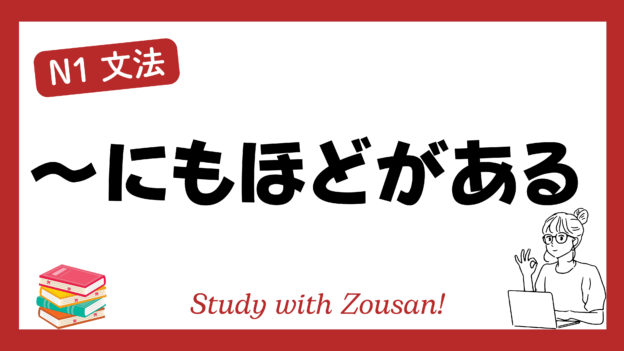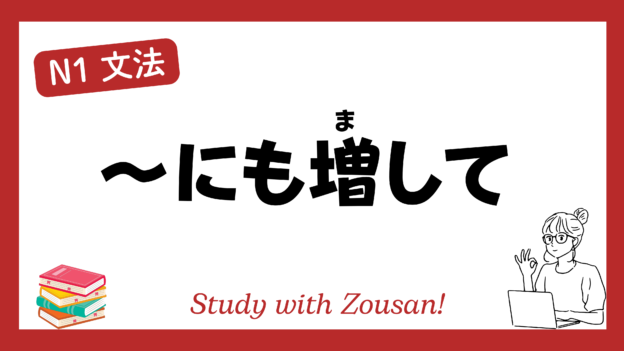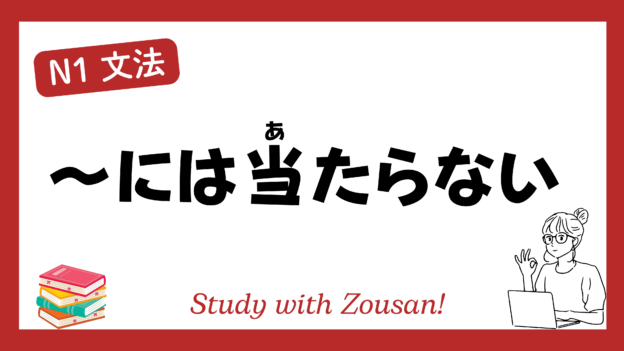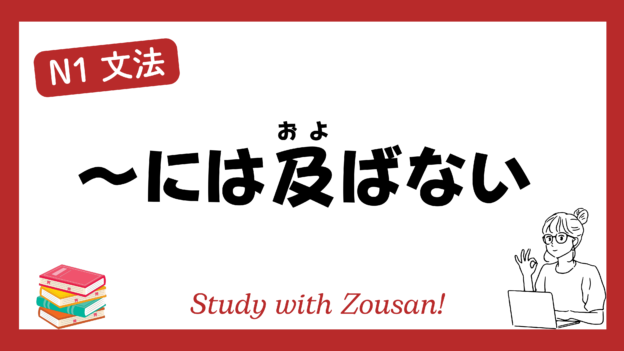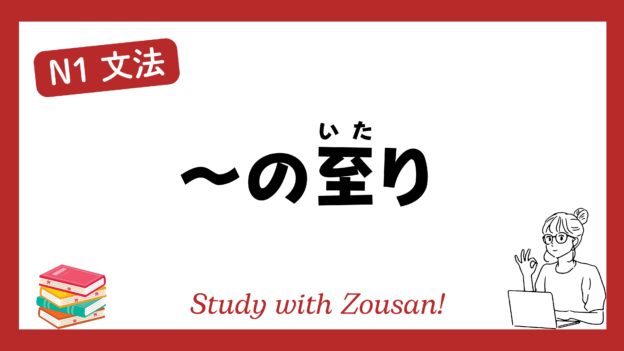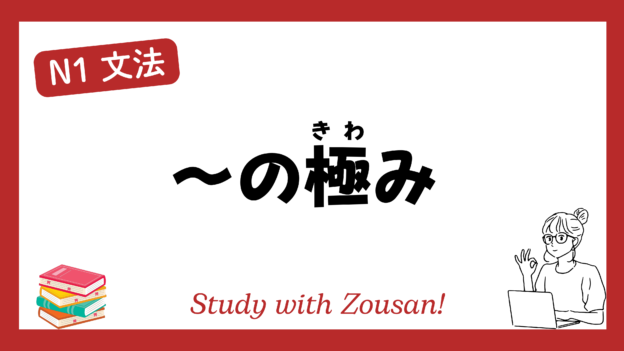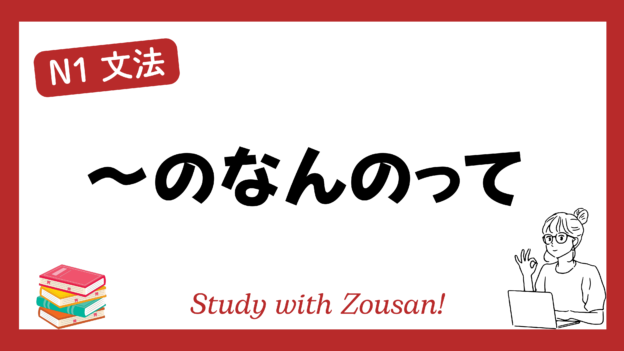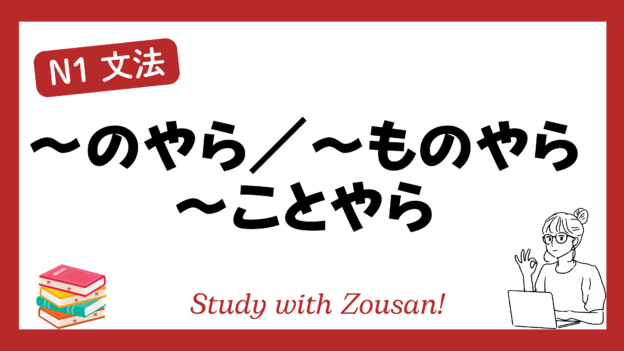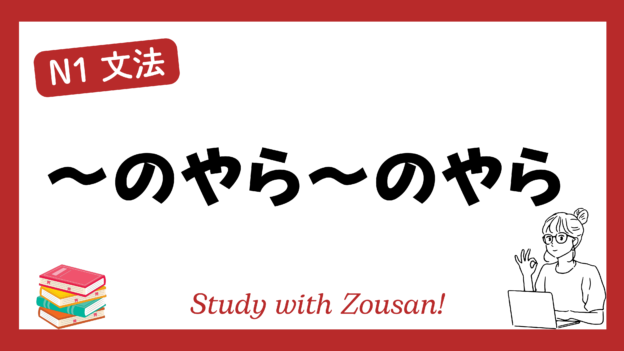Meaning: “Add to…”, “Layer upon…”
The structure ~に~を重ねて (~に~をかさねて) is used to express the repetition of an action or the layering of one event or action on top of another. This structure emphasizes the accumulation or continuity of actions or events.
※Note: This structure can be used to describe both positive repetition (such as continuous improvement) or negative repetition (such as repeated mistakes).
Structure:
| Noun + に | Noun + を重ねて |
Example:
-
-
-
🌟 失敗に失敗を重ねて、ようやく成功した。
(しっぱい に しっぱい を かさねて、ようやく せいこう した。)
After repeating failures, I finally succeeded. -
🌟 努力に努力を重ねて、彼は一流の選手になった。
(どりょく に どりょく を かさねて、かれ は いちりゅう の せんしゅ に なった。)
By putting in effort after effort, he became a top athlete. -
🌟 改良に改良を重ねて、この製品が完成しました。
(かいりょう に かいりょう を かさねて、この せいひん が かんせい しました。)
After repeated improvements, this product was completed. -
🌟 彼は練習に練習を重ねて、試合に勝った。
(かれ は れんしゅう に れんしゅう を かさねて、しあい に かった。)
He practiced over and over and won the match. -
🌟 経験に経験を重ねて、彼はプロフェッショナルになった。
(けいけん に けいけん を かさねて、かれ は プロフェッショナル に なった。)
By accumulating experiences, he became a professional. -
🌟 彼女は練習に努力を重ねて、優勝を手にした。
(かのじょ は れんしゅう に どりょく を かさねて、ゆうしょう を て に した。)
She combined effort with practice and won the championship. -
🌟 議論に議論を重ねて、最終的に合意に達した。
(ぎろん に ぎろん を かさねて、さいしゅうてき に ごうい に たっした。)
After repeated discussions, they finally reached an agreement. -
🌟 反省に反省を重ねて、彼は自分を成長させた。
(はんせい に はんせい を かさねて、かれ は じぶん を せいちょう させた。)
Through repeated reflections, he made himself grow. -
🌟 研究に研究を重ねて、画期的な発見をした。
(けんきゅう に けんきゅう を かさねて、かっきてき な はっけん を した。)
By conducting research after research, they made a groundbreaking discovery. -
🌟 失望に失望を重ねて、彼はやる気を失った。
(しつぼう に しつぼう を かさねて、かれ は やるき を うしなった。)
After repeated disappointments, he lost his motivation.
-
-


